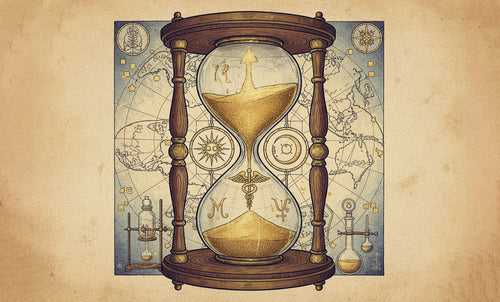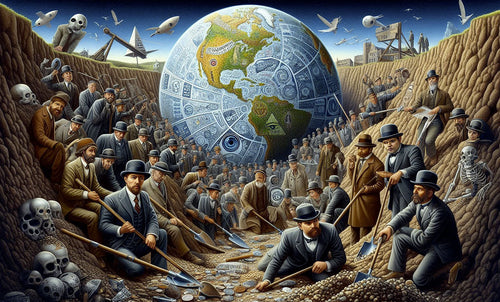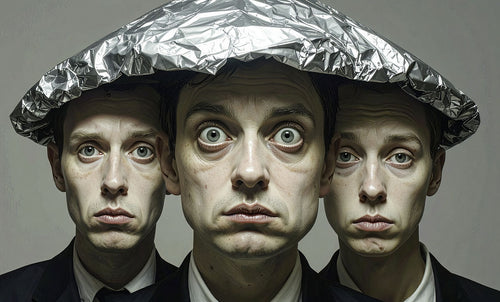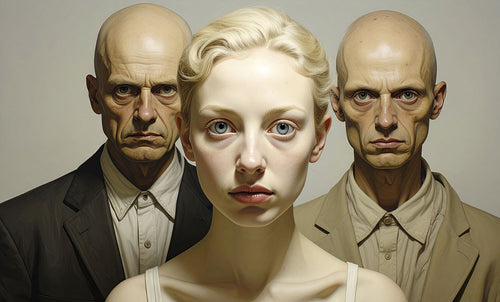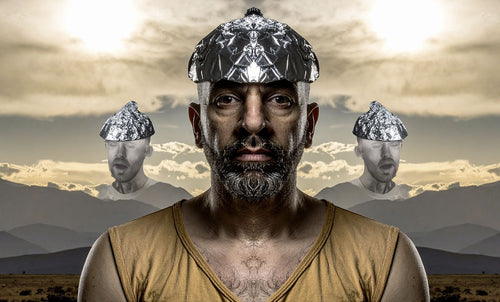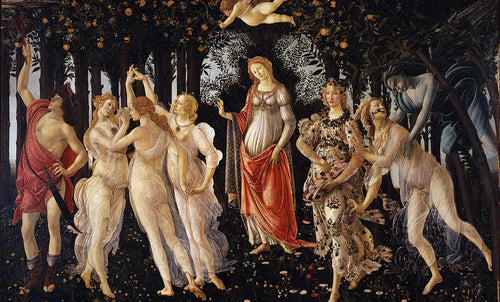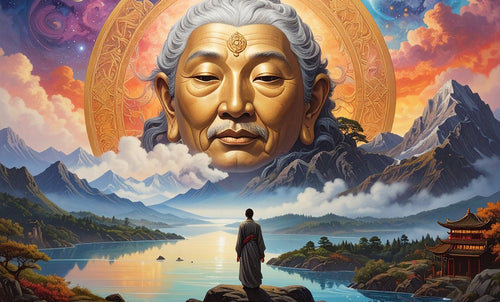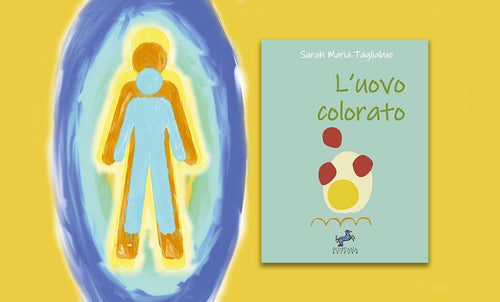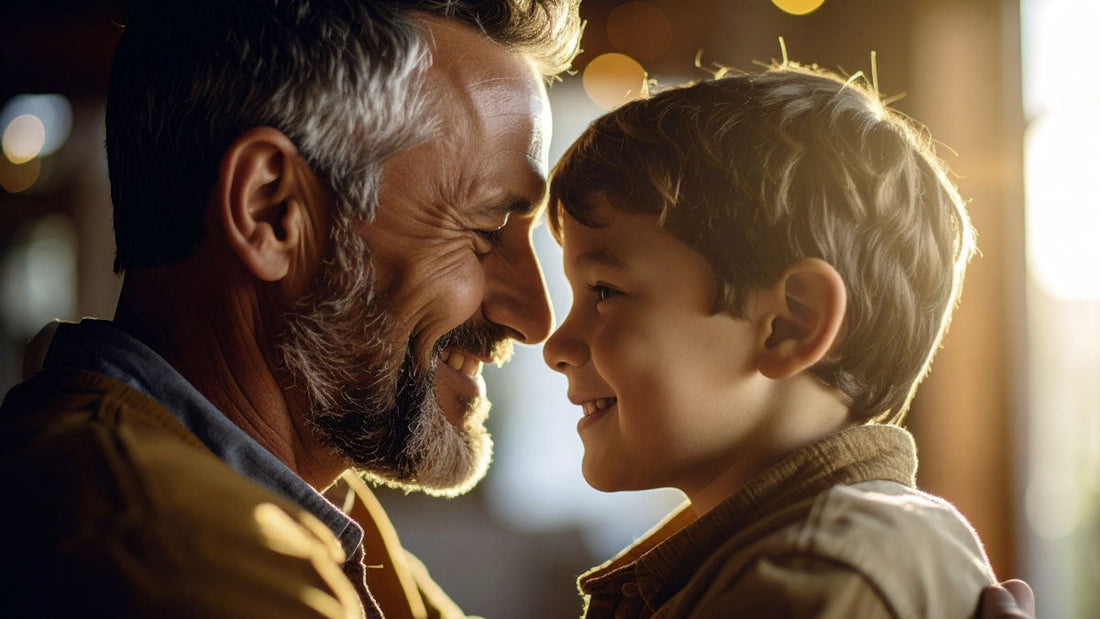
When patriarchy dies, but does not heal
Sarah Maria TagliabueA systemic paradox
We live in an era where patriarchy is being exposed, denounced, and challenged. But the way we do so reveals a profound and, if you will, disturbing paradox: we fight patriarchy using the very same weapons that have wounded us. We attack control with more control. We attack authoritarianism with other forms of imposition. We attack symbolic violence with equally violent language.
The risk? Losing the heart of change. Because when you fight a system with the same energy as the system, you don't transform it: you fuel it.
The systems approach invites us to look beneath the surface.
Systemic pedagogy , like Family Constellations , teaches us that the problem is never just individual or social. It is always transgenerational. Family systems—our invisible roots—carry within them memories, pain, exclusions. When a figure is excluded or devalued—as often happens with the father, the male, or authority—the system destabilizes. And that exclusion returns in the form of a symptom.
We see all this reflected in the current crisis of masculinity. We're not talking about men versus women, nor about stereotypical roles. We're talking about the archetypal masculine energy: that force that gives direction, that sustains identity, that protects without invading, that guides without destroying.
Today, this energy is absent or distorted. The father is symbolically dead or ridiculed. Authority is confused with authoritarianism. Good boundaries are perceived as impositions. The upright adult is overshadowed by the figure of the fragile adult, who oscillates between permissive and controlling.
And so we grow up—as children, students, citizens—without a north, without a backbone. We grow up with the idea that every structure is a cage, that every rule is repression, that every "no" is a form of oppression. But a world without limits is not freedom: it is disorientation.
In the Constellations, when the father is missing, the son is unable to become an adult.
The son remains a child, or he turns into a judge. He begins to fight what he was never able to integrate. And if the father was hurt, absent, distant—then that pain turns into rebellion, distrust, escape. But ultimately, also into a desperate hunger.
The hunger for guidance. The hunger to be seen by someone with a steady gaze. The hunger to be able to trust a figure who can contain, support, and accompany. Not dominate.
The real tragedy isn't that patriarchy is dying. It's that it's dying without being healed. That we're throwing it away, along with all the good it might still contain.
And in fact, today more than ever, we are not seeing a return of the healthy masculine, but the proliferation of its distorted opposite: fragile masculinity, angry reactivity, the escape into absolute neutrality, the refusal to take any stance.
If we truly want a new world, it is not enough to “destroy the old.”
We must heal him. Acknowledge the wounds, yes. But also the needs. Integrate the masculine and the feminine within us, before outside ourselves. Give him space, respect, and a listening ear. Restore the father to his place—even if he wasn't "a good father." Because the system needs everyone to regain balance.
An excluded father generates children who struggle to exist. An overbearing mother generates children who are unable to choose. And an era that denies the masculine archetype… creates a void.
Where to start again?
Perhaps from a small gesture: recognizing that struggle cannot be the way forward. Struggle is the reaction of a wounded child. Integration is the act of a responsible adult.
So, instead of fighting patriarchy with its own weapons, we can learn to build new structures. New authorities. New ways of being in the world, of educating, of working, of loving.
We can teach—our children and ourselves—that strength is not violence. That guidance is not imposition. That limitations are not enemies. We can recognize in our fathers—even imperfect ones—an origin. And when an origin is honored, it ceases to haunt us.
Because the Father doesn't ask us to be perfect. He only asks us to be seen.
And the change we truly desire starts here. Not from destruction, but from understanding. Not from anger, but from inclusion.
Are we ready to become adults? Are we ready to stop fighting and start creating?
Only then can patriarchy truly die. And finally heal.

